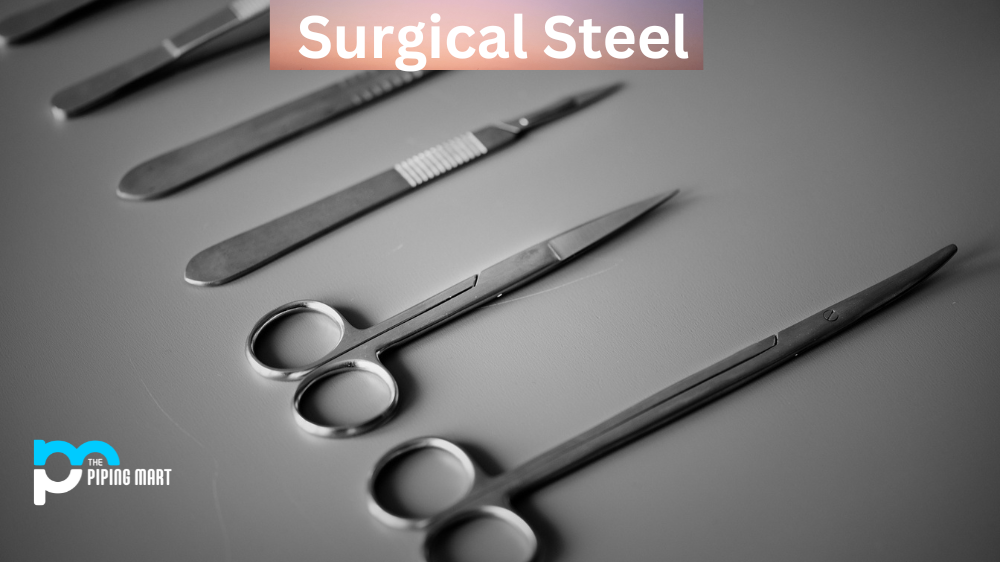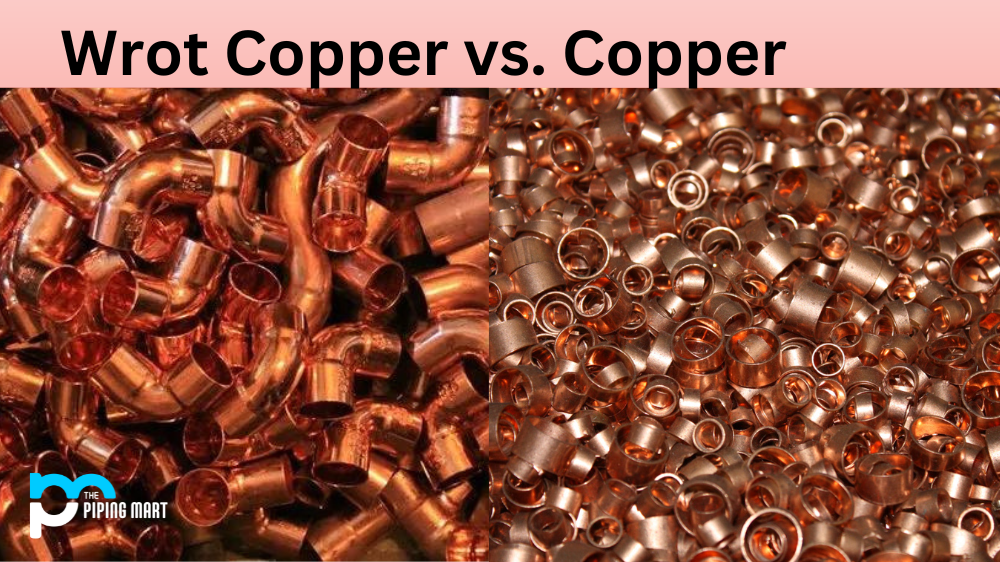Have you ever wondered if surgical steel is magnetic? It’s a question that many people have asked, and the answer is not as straightforward as you might think. To get to the bottom of this fascinating topic, let’s explore the properties of surgical steel and see how it compares to other types of steel.
Is Surgical Steel Magnetic?
The answer to this question depends on which type of surgical steel you have. Some grades of surgical steel are magnetically active, while others are not. Generally speaking, grades that contain higher levels of chromium (in excess of 16%) are not magnetic, while those with lower chromium content (less than 16%) can be slightly magnetic in some cases. In addition, all grades of stainless steel may become slightly magnetized when exposed to a strong magnetic field due to the presence of ferrous metals in the alloy mix.
What About Other Types Of Steel?
Most types of regular steel are highly magnetic because they contain high amounts of iron, making them strongly attracted to magnets. However, some steels contain non-magnetic metals like manganese or aluminum, which prevents them from being magnetized even when placed in a powerful magnetic field. These non-magnetic steels are used for applications such as aircraft parts where strength and durability are more important than magnetic properties.
Conclusion
So there you have it! As you can see from this article, whether or not surgical steel is magnetic depends largely on its composition—some grades are more susceptible than others, but all can become slightly magnetized under certain conditions. If you need your metal components to be completely non-magnetic for any reason, then you should look into using special non-magnetic steels instead since these will never be affected by external forces, no matter what kind they may be! Thanks for reading!

Meet Bhavesh, a seasoned blogger with a wealth of knowledge and experience. From metal products manufacturing to retail, Bhavesh has a diverse background in various industries and is dedicated to sharing his insights and expertise with readers.




